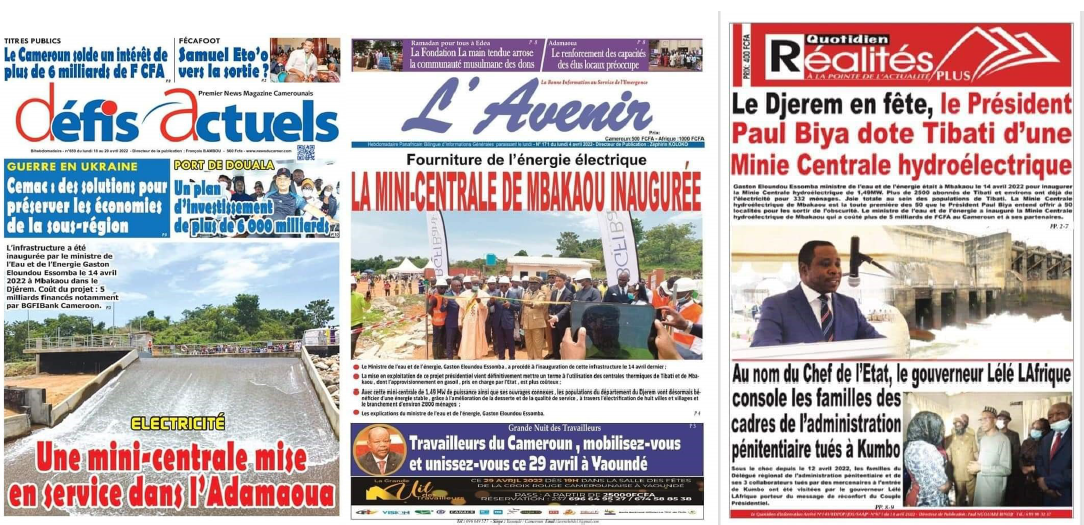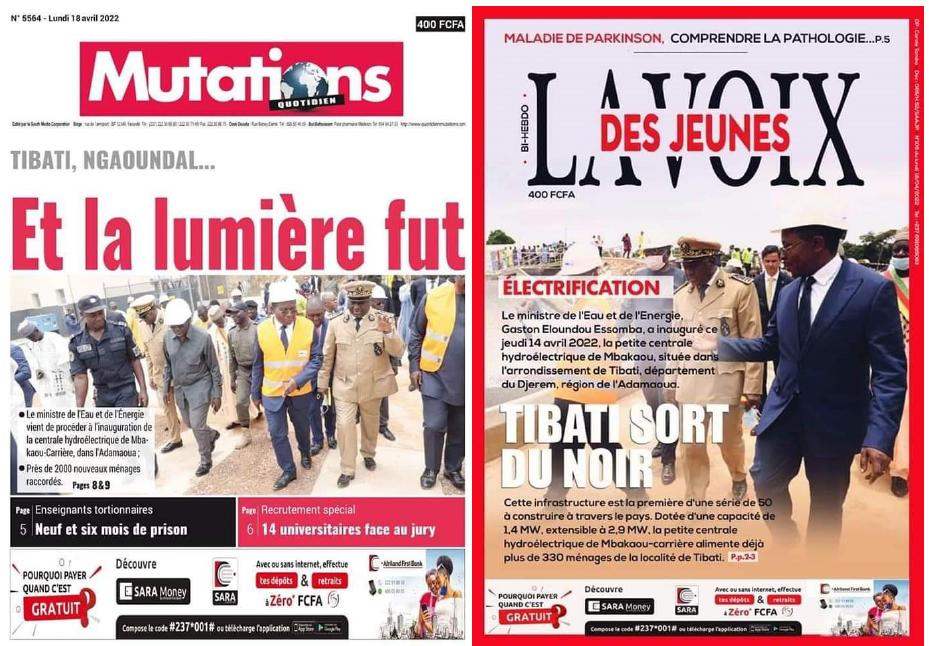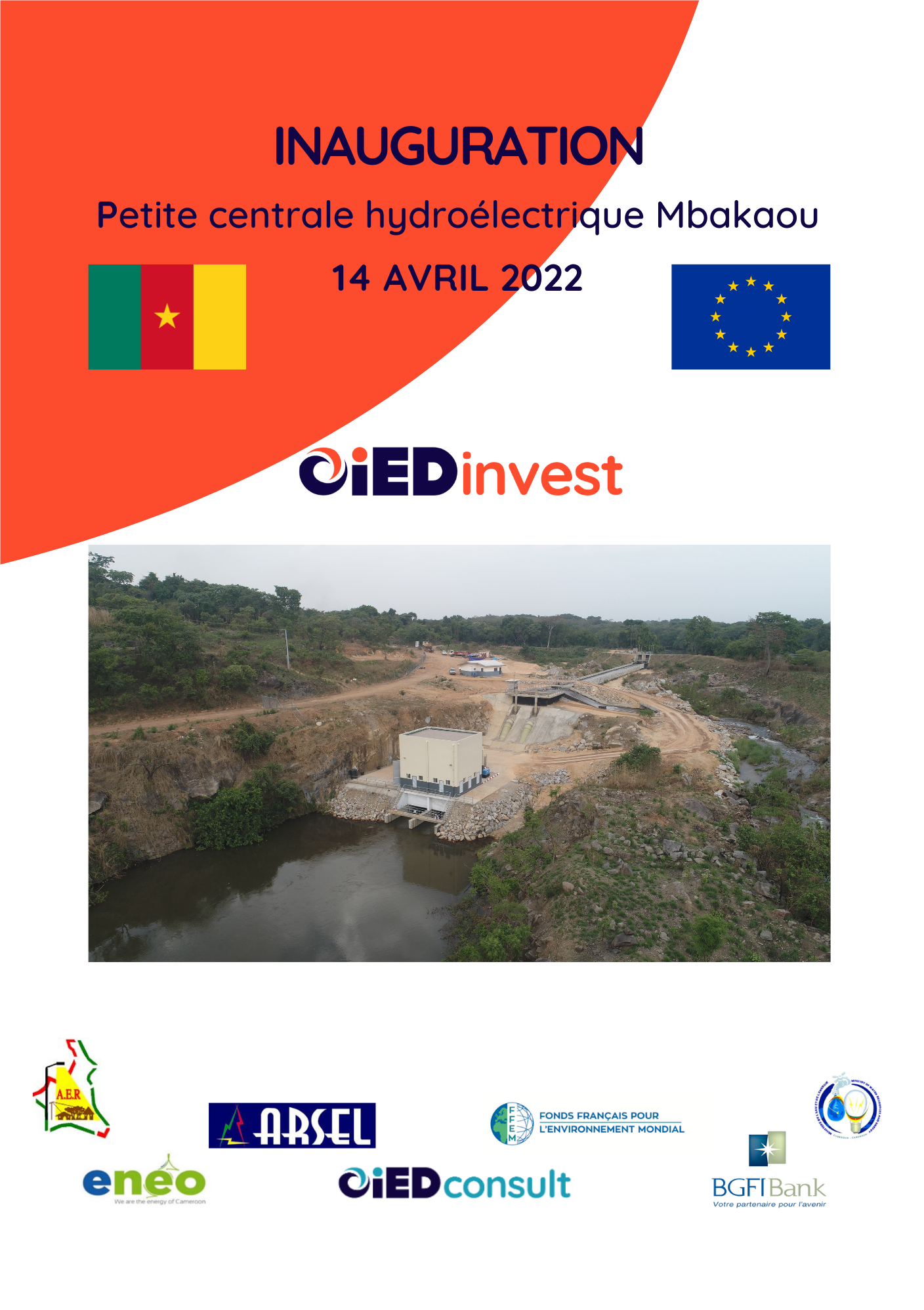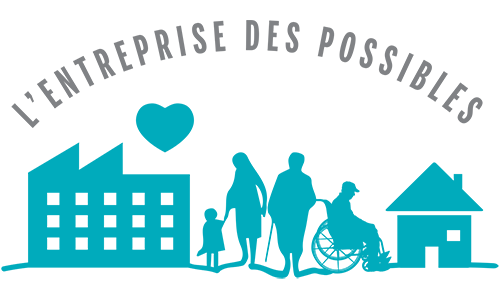With proven specific expertise in the study, design, implementation and operation of biomass power plants, IED and its partners have been selected to provide support to AFD and Nampower for the development of the Otjikoto biomass power plant in Namibia.
Namibia is currently facing a range of economic, environmental and energy challenges. From an energy perspective, Namibia imports more than 77% of its national electricity consumption. On the environmental front, the "Encroacher bush" the invasive vegetation, endangers about 45 million hectares of land, with impacts on biodiversity, water management and rural agriculture. In addition, poverty and unemployment affect 47% of the population living mainly in rural areas.

(Photo courtesy DAS)
Energy recovery from invasive vegetation would allow Namibia to increase its energy security and contribute to rural economic development while having a positive impact on the environment.
It is in this context that Namibia's national electricity company, Nampower, plans to build and operate the Otjikoto Biomass Power Plant (OBPS), a 40 MWe power plant that will generate electricity by burning wood chips from the invasive bush ("encroacher bush"), harvested from the areas surrounding the project site.
After carrying out numerous technical, environmental and social studies, Nampower is in the process of launching tenders for EPC and fuel supply contracts. As for AFD, it is currently investigating a loan to Nampower to finance part of the production plant. On the other hand, the sustainability of the fuel supply chain is a key factor in the success of OBPS and other similar projects. Aware of this point, NamPower, accompanied by AFD, plans to submit a grant application to the French Global Environment Facility (FFEM) to ensure the long-term sustainability of the exploitation of the invasive bush while maximizing the positive social impacts of the project.
In line with these elements, IED and its partners therefore have the mission to:
- Prepare the examination of the FFEM grant application presented to the FFEM Steering Committee of August 2022;
- Assist AFD in the due diligence of the OBPS project to address the specific concerns raised by AFD's credit committee.
The consortium formed and led by IED, brings together all the expertise necessary to carry out this project with the expertise of Nitidae's supply chain, INSUCO's environmental and social impact studies and Maxime Droit's design and operation of biomass power plants. A consortium supported by the local expertise of Werner Petrick (Namisun), who also participated in the realization of the social and environmental study of the OBPS project.









